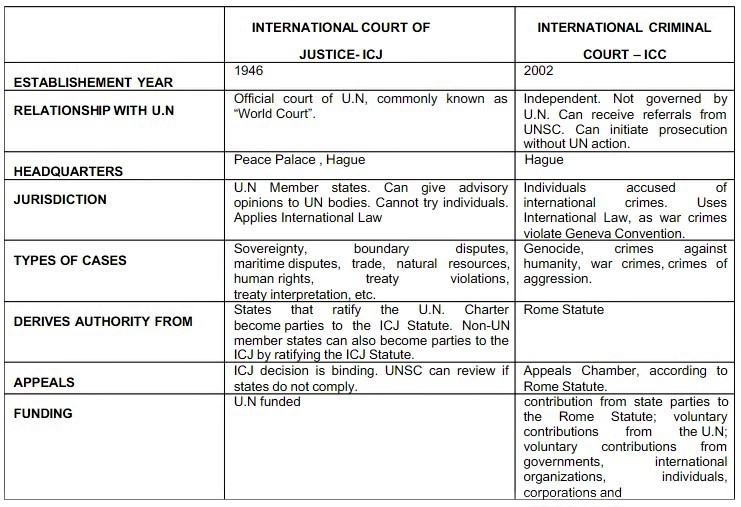7667766266
enquiry@shankarias.in
As the world grapples with the severity of the illegal invasion of Ukraine, the international law violations committed by Russia seems to be a major concern.
Violations under the UN Charter
Violations under the Hague Convention
International humanitarian law violations
International criminal law violations
International human rights law violations
References
Quick facts
ICJ vs. ICC
